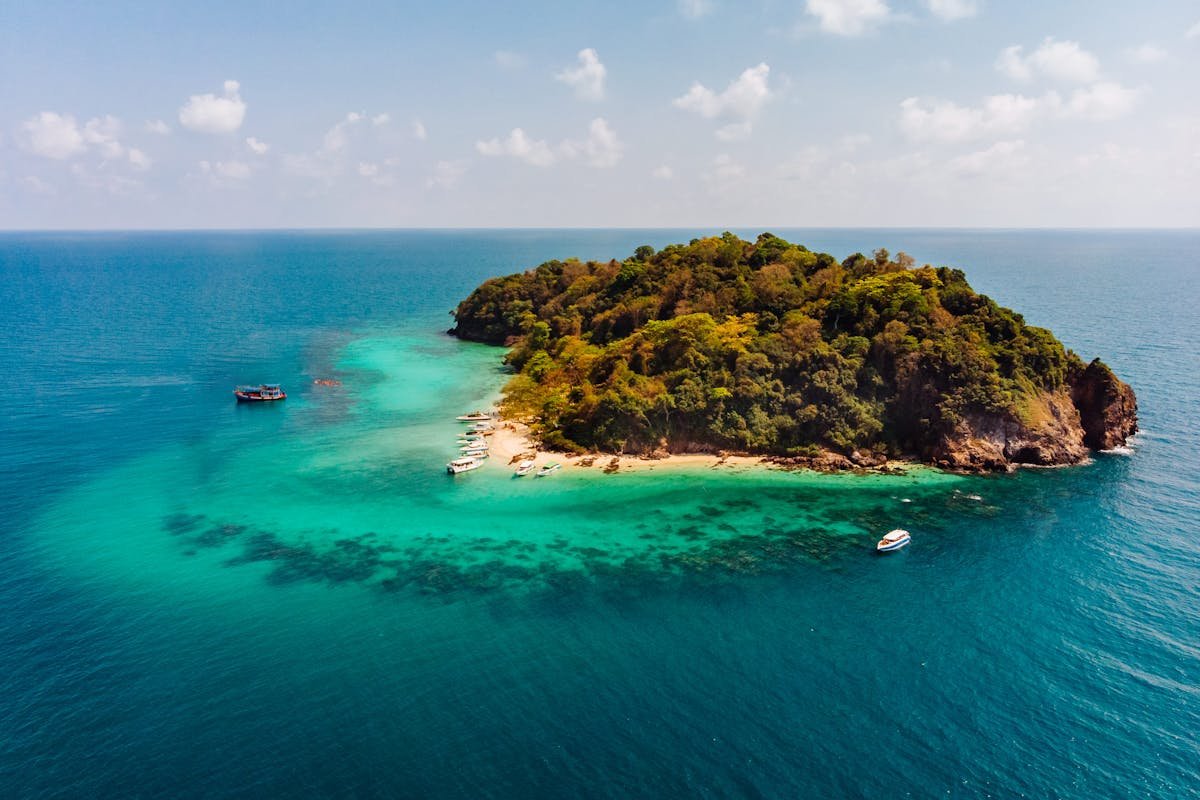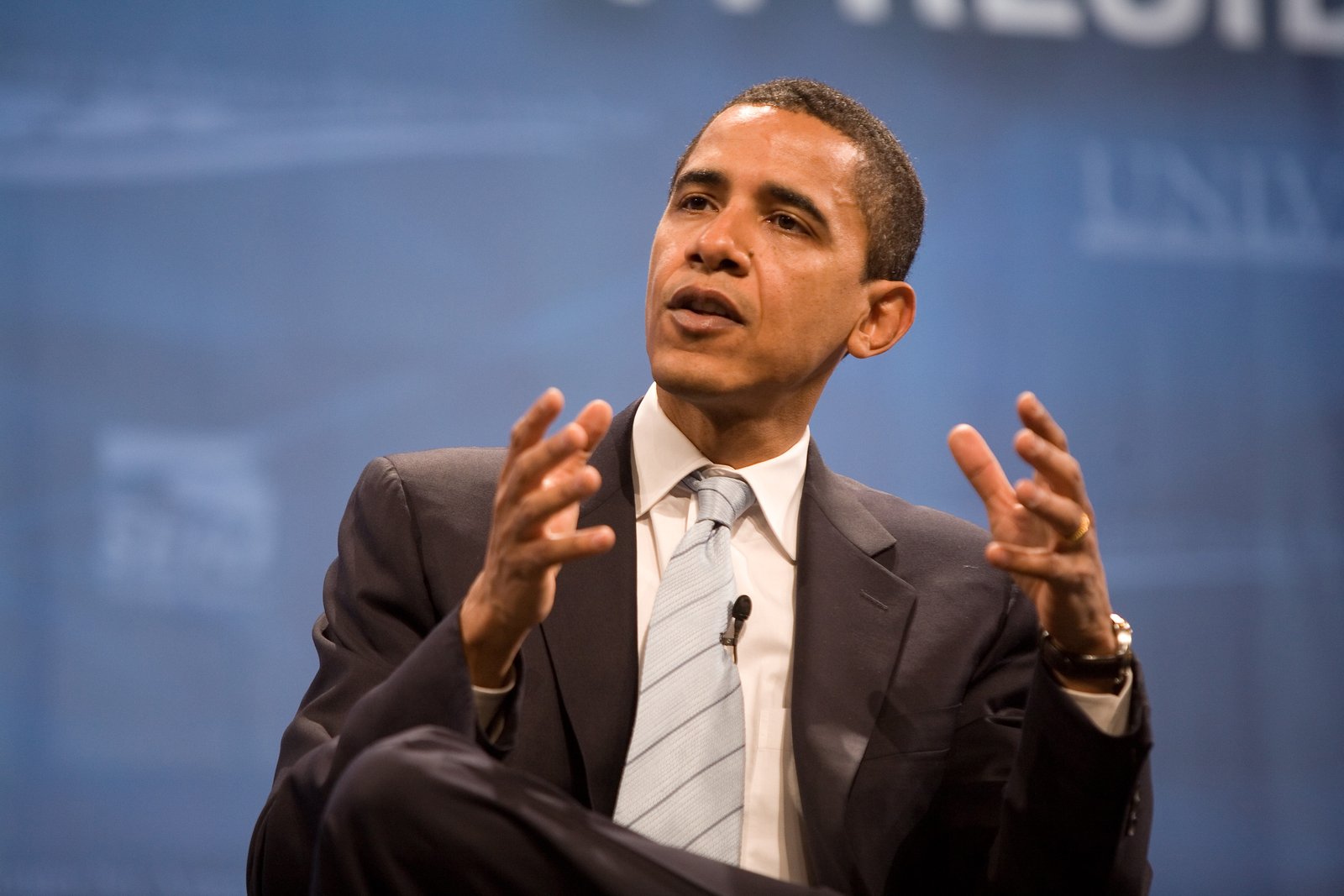Private Islands Are the New Space Race—Inside the Billionaires’ Obsession with Ocean Fortresses
Luxury & Billionaire Lifestyles / Date: 05-29-2025

There’s a new status symbol outpacing superyachts and space rockets—and it’s not what you think. While tech moguls are busy launching satellites, a quieter but equally absurd flex is unfolding: buying entire islands. Not just any islands. We’re talking secluded, custom-modified, security-pampered slices of paradise, each costing more than your average commercial skyscraper.
So what are these floating fiefdoms really like? Who owns them? And why are billionaires ditching penthouses for palm trees?
Buckle up. We’re diving into the gilded, secretive, and borderline surreal world of ultra-luxurious private islands—and yeah, some of it might leave you shaking your head.
The Myth of Privacy: Why “Private Island” Doesn’t Mean What You Think
Let’s get this straight—most people assume private islands are remote havens where no one can bother the owner. That’s only half true. In reality? Maritime laws, airspace rules, and international treaties often limit what owners can actually do.
Consider Lanai, which Oracle's Larry Ellison paid a cool $300 million to purchase nearly in whole. It’s part of Hawaii, meaning U.S. laws still apply. Ellison can’t just build a moat and declare himself king (well, not legally). According to a 2024 Bloomberg property analysis, over 60% of “private islands” are bound by national regulations that limit construction, energy usage, and even tourism.
The myth? That you’re buying a sovereign state. The truth? You’re buying a heavily regulated playground that just feels lawless.
The Case Study: How Richard Branson Turned Necker Island Into a Global PR Machine
Necker Island isn’t just a hideaway. It’s a brand. When Virgin Group founder Richard Branson scooped it up in the 1970s for under $200,000 (yes, really), most people thought he’d lost it. Fast-forward to 2025, and the island now rakes in an estimated $25 million a year from celebrity events, eco-retreats, and ultra-elite rentals.
But here’s the twist: Branson didn’t just build a resort—he built a mythology. According to an interview on the 2025 episode of “The Big Money Show” podcast, Branson admitted he crafted Necker’s vibe to reflect a utopia where “capitalism meets barefoot diplomacy.” No wonder celebs flock to it like moths to a Tiki torch.
In other words, Necker isn’t just real estate—it’s a PR asset. A narrative. A lifestyle made tangible.
Where the Real Money Goes: Not Just Sand and Palms

Let’s be real—owning an island is less about the purchase and more about the upkeep. A 2024 McKinsey sub-study on elite properties estimated annual operational costs for high-end private islands range from $3 million to $12 million. That’s right—before you even pour the champagne.
Breakdown? Here’s where it gets wild:
- Helipad and runway maintenance – If your jet can’t land, what’s the point?
- Desalination systems – Freshwater’s not a given on these islands. Infrastructure costs can hit seven figures.
- Security – And we don’t mean one guy with binoculars. Imagine drone swarms, AI monitoring grids, and former Navy SEAL teams.
- Environmental management – Billionaires love sustainability when it’s convenient. Maintaining a coral reef or turtle hatchery helps ease the guilt.
An example would be Mark Zuckerberg's 2025 purchase of 600 acres on Kauai, which included a PR agency, three permaculture specialists, and a full-time environmental crew to handle the "green billionaire" image.
Obsession or Insurance? The Apocalypse-Proof Fortress Theory
There’s a darker reason billionaires are buying islands—and no, it’s not just for parties. Think survival. Think collapse.
A leaked transcript from a private Davos 2024 panel, titled “Resilient Futures: Private Retreats and Global Risk”, revealed that at least 11 billionaire attendees discussed “strategic acquisitions of fortified islands” as contingency plans against civil unrest, cyber collapse, and, yes, pandemics.
Sound crazy? Peter Thiel didn’t think so. Back in 2022, he bought land in New Zealand citing “escape potential.” By 2025, it’s not paranoia—it’s portfolio diversification.
Let that sink in.
Beyond the Hype: 3 (Weirdly Practical) Truths About Island Ownership
Most articles glamorize island life. But here’s what they skip:
-
Logistics are hellish. If a single shipment is delayed, your paradise turns into a mosquito-infested blackout zone.
-
You’re never really alone. Between maintenance staff, local governments, and tourism rights activists, privacy is part illusion.
-
They lose value. Real talk—unlike cities, islands don’t develop upward. Climate risk? Rising insurance premiums? Erosion? Yup.
A 2024 real estate trend report from Global Property Watch noted that nearly 30% of listed private islands sat unsold for over five years. Turns out, resale value for a billionaire’s “soul sanctuary” isn’t that hot.
Follow Us
Newsletter
Subscribe to our newsletter to stay updated with our latest news and offers.
We respect your privacy.Trending









